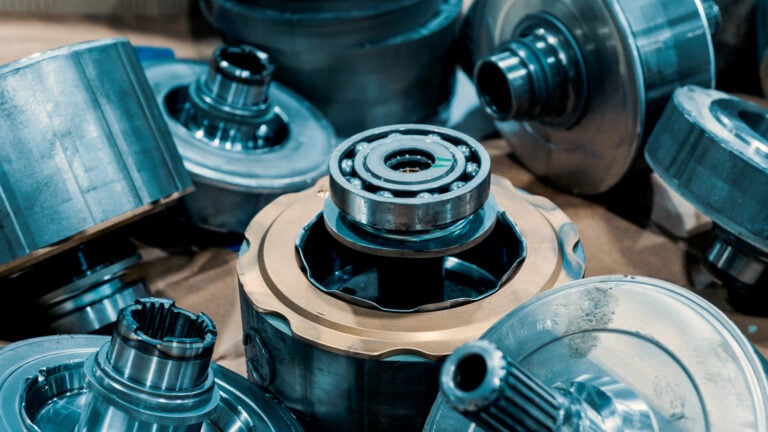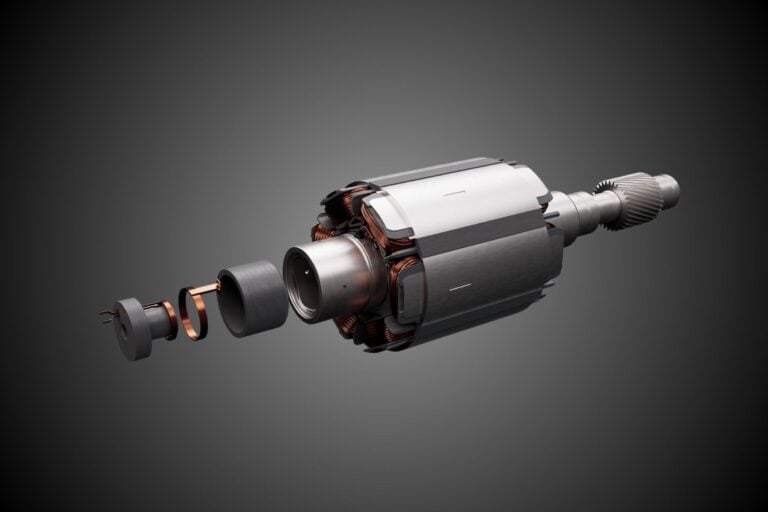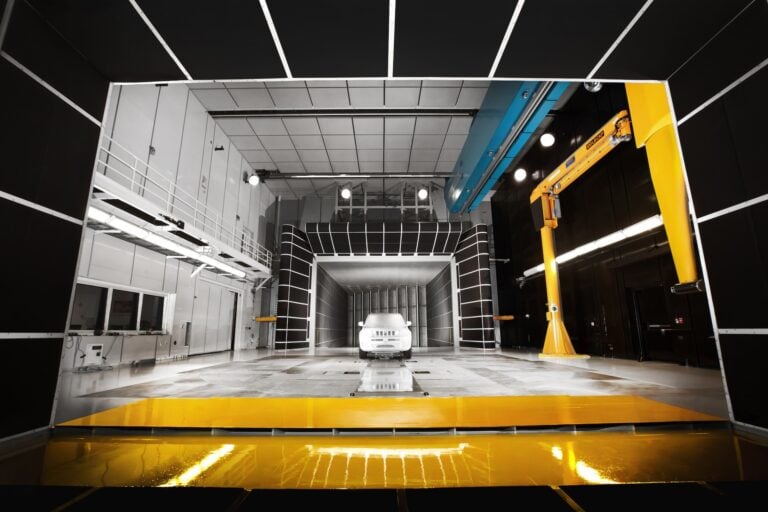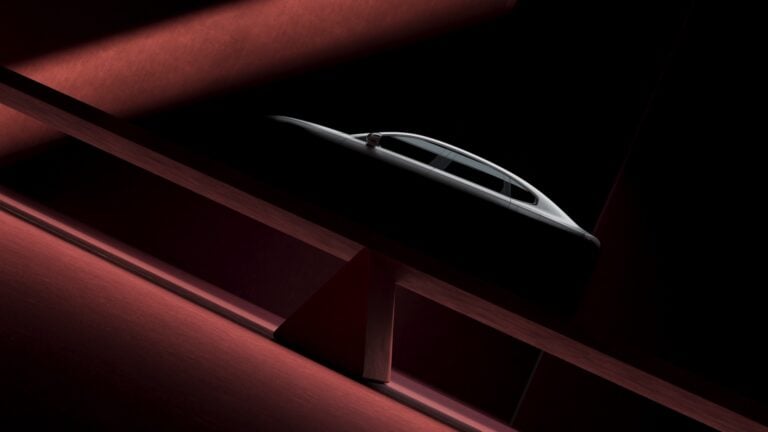Sign up for our popular daily email to catch all the latest EV news!
Autosilicon Inc., a leader in battery technology, has announced the introduction of a groundbreaking 24-channel Battery Diagnosis IC (BDIC), designed to significantly enhance the performance and safety of Electric Vehicles (xEV) and Energy Storage Systems (ESS). This release in January follows the successful launch of a 14-channel version last year, marking a significant advancement in battery diagnostics.
The new BDIC from Autosilicon stands out for its improved operating current, measurement accuracy, and compact size. This innovation is a substantial upgrade over the traditional Electro-Impedance Spectroscopy (EIS) equipment, consolidating multiple devices into a single efficient chip. It enables the measurement of AC impedance in up to 24 battery cells, with potential expansion to larger battery modules and packs.
The xEV and ESS industries have recently seen a rise in claims related to battery defects. The challenge lies in accurately analyzing these issues, hindered by high costs, time-consuming disassembly, and technical barriers in pinpointing defect causes. Autosilicon’s BDIC addresses these challenges head-on. Its integration into the Battery Management System (BMS) allows for online monitoring of battery AC impedance information, facilitating continuous tracking of all shipped battery cells and online analysis of accumulated battery data.
Furthermore, the BDIC enhances the capability to analyze battery defects, extending to the examination of specific substances within the battery. With the adoption of EIS technology, Autosilicon is setting new standards for the accurate detection of defective batteries. The technology also extends to hydrogen fuel cells, allowing for the assessment and diagnosis of their internal condition, thereby supporting cost-effective maintenance and replacement of fuel cell battery stacks.
Looking ahead, certain US states will implement regulations from 2026, mandating electric vehicle manufacturers to monitor and ensure the State of Health (SoH) of their batteries. The EU is also planning to introduce a battery passport system by 2027, aimed at managing battery information, including electrochemical performance, durability, and SoH.
In preparation for these changes, Autosilicon is enhancing EIS technology to extract more detailed internal state data from battery cells. The company has developed a unique algorithm and software capable of measuring the internal temperature of each cell using BDIC, a task challenging with conventional NTC temperature sensors. The BDIC’s release allows for online integration into systems, paving the way for efficient battery management throughout its lifecycle for various applications.
The 24-channel BDIC is currently being marketed to both domestic and international xEV/ESS customers and battery cell manufacturers, with mass production slated to commence in June 2024. This development represents a significant milestone for Autosilicon in its quest to revolutionize battery technology for electric vehicles and energy storage systems.
Sign up for our popular daily email to catch all the latest EV news!








